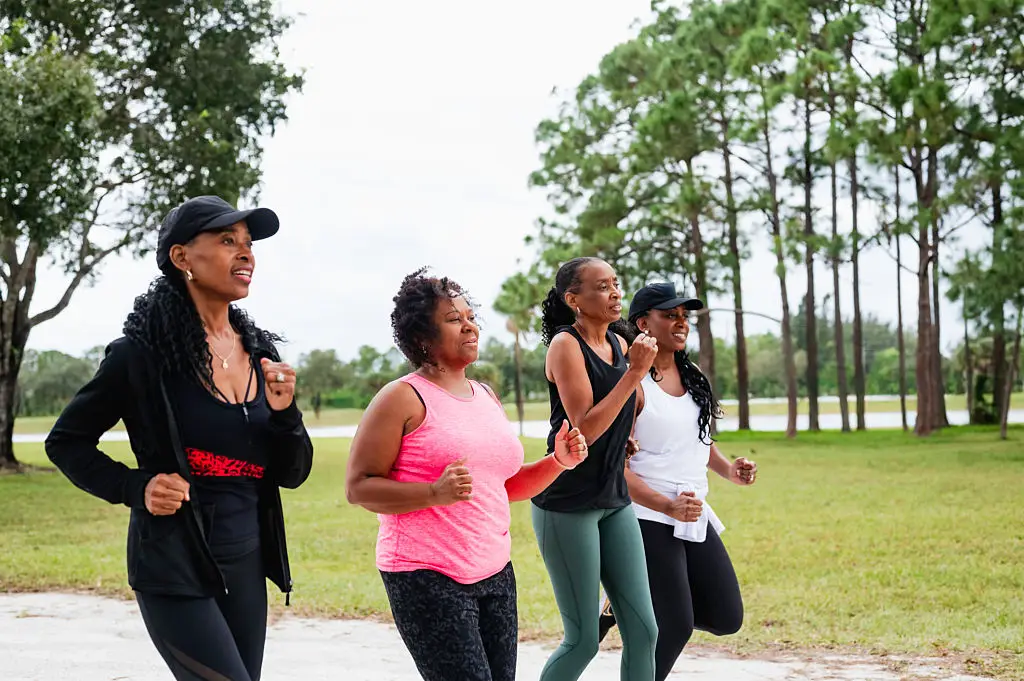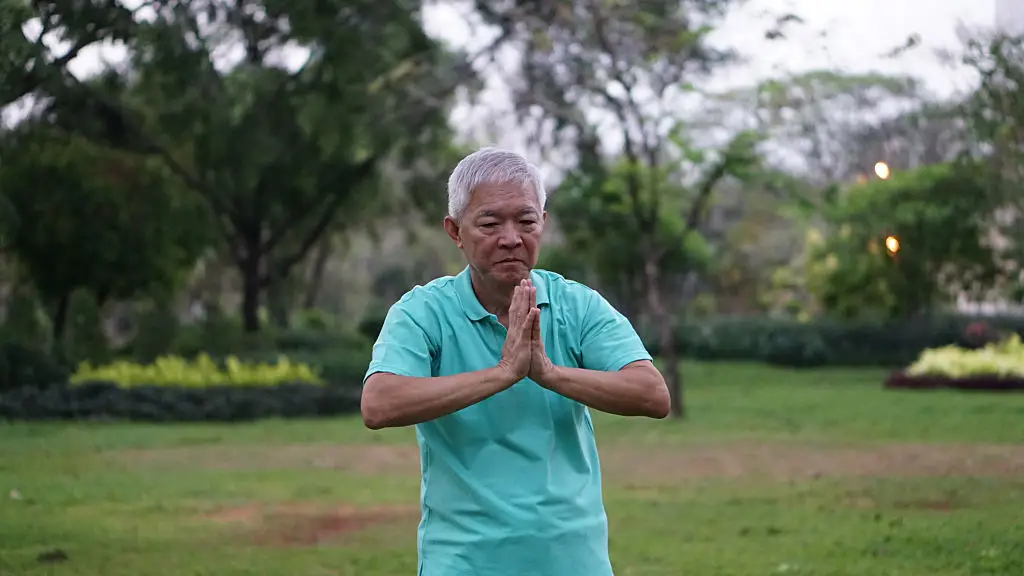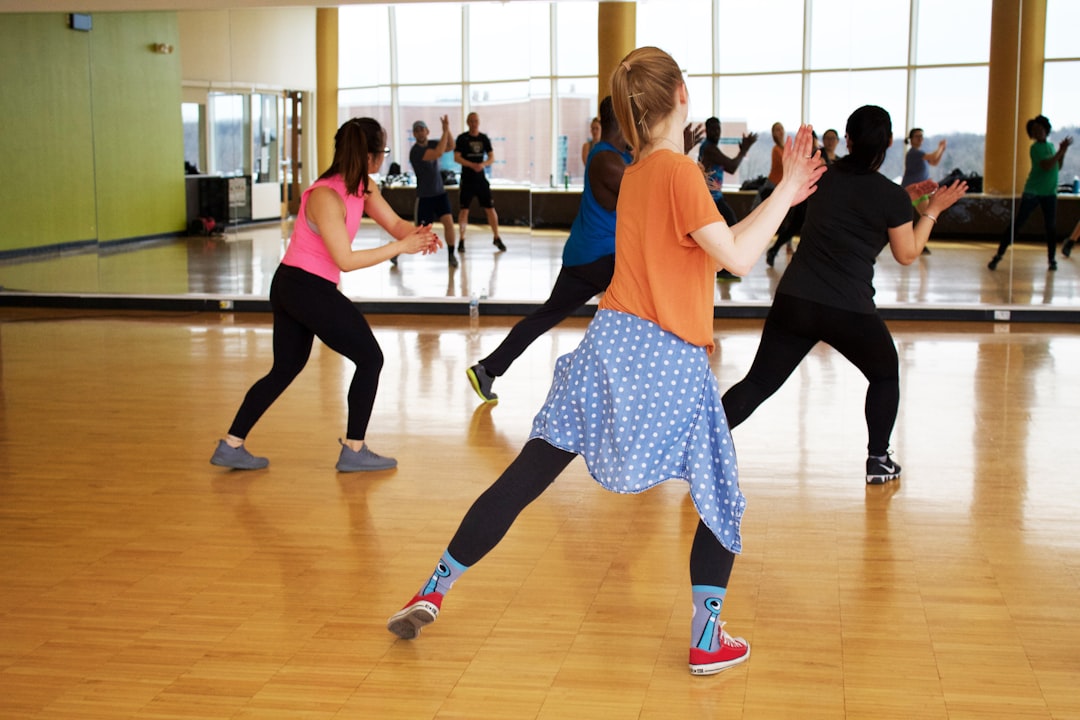Brain-Body Boost: 11 Fun Activities That Keep Your Mind Sharp as a Tack
Everyone hopes to feel clear, quick, and capable as the years unfold. The secret? There’s no magic pill—real, lasting mental sharpness is woven into the small choices we make each day. It turns out that caring for your mind isn’t separate from caring for your body. Refreshing a habit, making space for fun, or even trying something new can spark big changes in how alert and vibrant you feel. The great news is that keeping your brain and body at their best doesn’t require endless hours or complicated routines. It calls for noticing what brings you joy and weaving in activities that nourish all parts of you. If you’re curious about powerful, science-backed ways to boost brain health—and want options that are both enjoyable and accessible—this guide is for you. These 11 activities blend movement, learning, connection, and even a healthy dose of play. Think of this as an invitation: Pick just one to start, or mix and match for a daily brain-body boost. Each step has the power to keep your mind sharp as a tack—at any age, and on your own terms.
1. Discover the Joy of Continuous Learning

Challenging your mind with new skills isn’t simply a hobby—it’s a deeply effective way to build and strengthen neural pathways. Lifelong learning gives your brain the workout it craves, supporting memory, attention, and problem-solving in everyday life. Consider picking up a new language, exploring a musical instrument, or tackling a book outside your usual interests. Each novel experience helps your brain form fresh connections, keeping it agile well beyond your school years. Not sure where to start? Online platforms, local libraries, and even conversations with friends offer free or low-pressure opportunities to stretch your curiosity. You might finally try out that painting class, attempt simple recipes from faraway places, or join a virtual seminar on a fascinating topic. The goal isn’t mastery overnight—it’s gradual, rewarding growth. Giving yourself permission to be a beginner again reignites childlike joy and primes your brain for adaptability, focus, and lifelong resilience.
2. Move with Purpose: Aerobic Exercise

Moving your body isn’t just good for your muscles; it’s a powerhouse for brain vitality, too. Aerobic activities like brisk walking, cycling, or dancing pump nutrient-rich blood through your brain, helping create new brain cells and reduce long-term risks like dementia. The best part? No marathon required. Even short, frequent sessions of movement bring measurable cognitive benefits. If the idea feels daunting, start small—a ten-minute stroll around your neighborhood, a quick dance break to your favorite song, or joining a beginner-friendly group class. Exercising with friends provides an extra mental boost, blending social connection with physical health. For those with mobility concerns, seated aerobics or gentle movement routines still count. It’s consistency, not intensity, that matters most. Regular movement signals your brain that it’s time to recharge, learn, and thrive, supporting an alert mind and resilient mood for years to come.
3. Visualize to Actualize: The Power of Mental Rehearsal

Imagine perfecting a skill without ever lifting a finger—that’s the magic of mental rehearsal. Visualization isn’t just wishful thinking; it’s a proven way to strengthen the same neural pathways as physical practice. Athletes regularly rely on mental imagery to improve performance, and there’s nothing stopping you from tapping into these benefits yourself. Start by closing your eyes and picturing each step of a skill you want to master, whether it’s delivering a speech, learning a new golf swing, or simply navigating a tricky conversation. Repeat the scene in your mind, and over time, you’ll notice greater ease and confidence when the real moment comes. You don’t need any special tools or training. Five quiet minutes in a comfortable chair are enough to start building mental muscle. Plus, this practice helps sharpen focus, reduce anxiety, and expand your sense of possibility—not just in sports, but in everyday life.
4. Embrace the Outdoors for Nervous System Resilience

Nature is more than just scenery—it’s a training ground for your brain and nervous system. Activities like hiking, biking, or even leisurely walks in green spaces help release tension and teach your body to handle life’s stresses with more ease. Research shows that time spent outdoors encourages a balanced nervous system, “resetting” emotional patterns and building what some experts call muscle memory for resilience. No need to embark on a wilderness expedition—local parks or gentle trails are perfect starting points for reconnecting with nature. Invite a friend, bring a pair of hiking poles, or simply listen closely to the sounds around you. The sensory stimulation of birdsong, fresh air, and shifting terrain keeps your mind alert while gently unwinding stress. Over time, these outdoor moments help train your body and mind to move through daily challenges with steady confidence and calm.
5. Mindful Movement: Marrying Focus and Activity

Mindful movement practices, such as yoga, Tai Chi, or even purposeful walking, create a unique partnership between brain and body. These gentle disciplines combine physical activity with focused attention, making them especially powerful for sharpening concentration and calming busy thoughts. Science shows that integrating mindful awareness into movement reduces stress hormones, supports memory, and lifts mood. You don’t have to twist into a pretzel either—seated positions, chair-based routines, or modified poses work just as well. Try starting your day with a few minutes of mindful stretching, or close your eyes while performing simple balance exercises. The key is paying attention to your breath and the sensations of each movement, guiding your mind out of autopilot and into the present moment. This blend of focus and flow can quickly become a favorite ritual, nourishing your brain with clarity and peace while gently supporting your body.
6. Eat Smart for Brainpower

The way you nourish your body feeds your brain, too. Evidence points to the Mediterranean-style diet—rich in colorful produce, healthy fats, whole grains, and lean proteins—as a brain-protective powerhouse. Think salmon with leafy greens, blueberries in oatmeal, or a sprinkle of walnuts for crunch. These foods support healthy brain cells and curb the risk of cognitive decline. Swapping in more fish, berries, or extra-virgin olive oil doesn’t mean giving up treats altogether—small, gradual changes really add up. Try planning one brain-friendly meal each week or prepping snack bags with nuts and veggies for busy days. While research warns against diets high in added sugars due to their negative effect on mood and clarity, you don’t have to aim for perfection. Every balanced choice helps lay the groundwork for better focus, stable energy, and a brain ready for whatever the day might bring.
7. Meditate for a Sharper Mind

Setting aside a few quiet moments for meditation can work wonders for your brain’s clarity and resilience. Hundreds of studies have linked simple mindfulness practices to better memory, sharper focus, and a calmer, more adaptive mindset. You don’t need any special equipment or hours of silence. Try five minutes of breath awareness, a quick body scan, or following a free guided meditation app. Over time, these small investments help train your mind to filter distractions, cope with stress, and retain new information. If you find sitting still tough, remember that walking or movement meditations work too—what matters most is gently coming back to your breath or anchor whenever you wander. Think of meditation as a gym for your attention: Each session builds new habits of focus, gently supporting mental agility whenever life throws a curveball.
8. Move and Think: Try Brain-Training Workouts

Combining physical motion with cognitive challenge supercharges your brain-body connection. Dance-based fitness classes, choreographed movement routines, or even playful hand-eye coordination games ask your brain to process patterns and quick decisions while you move. This kind of “dual-task” training has been shown to improve attention, reaction time, and even memory. Not a dancer? Try a simple routine at home or practice rhythm games that require both mental and physical participation. Follow along with online tutorials or experiment with classes designed specifically for beginners. The important part is pairing movement with a bit of mental puzzle-solving, whether you’re learning a new sequence, switching directions, or keeping pace with music. Start slow, laugh off the missteps, and notice how both your brain and body feel sharper and more energized by the end.
9. Keep Connections Alive with Social Engagement

Staying socially connected isn’t just heartwarming—it’s brain-protective, too. Research links strong social bonds with slower cognitive decline and better emotional wellbeing as we age. Whether it’s joining a local club, sharing stories with family, volunteering in the community, or connecting by phone, meaningful interaction boosts your mood, sharpens recall, and strengthens attention. Socializing doesn’t require a packed calendar or large gatherings; even brief, regular conversations help. Try starting a weekly walk-and-talk date with a neighbor or exploring group hobby classes online or in person. If crowds aren’t your thing, letter writing or virtual book clubs bring connection right to your door. Building these habits creates a tapestry of emotional support—reminding you that both your heart and brain are stronger together.
10. Spark Your Creativity: Art, Music & Play

Creative activities aren’t reserved for professional artists or musicians—they’re for anyone ready to rediscover joy and curiosity. Painting, doodling, learning an instrument, card games, or even strategic board games encourage your brain to make new connections while inviting a playful spirit. Studies reveal that regular engagement with music and art both stimulates memory and supports emotional flexibility. Set aside perfection; the process is what matters. Create a cheerful playlist to sing along with, color outside the lines in an adult art class, or challenge yourself to learn the chords to your favorite song. These moments nurture your inner explorer, sparking fresh perspectives and waking up neural pathways that may have been quiet for years. In the end, allowing yourself simple, creative play feeds your mind and soul in equal measure.
11. Sleep to Recharge Your Mind

Deep, restorative sleep is the unsung hero of cognitive health. While you rest, your brain files away the day’s memories, clears out cellular debris, and resets for new learning ahead. Most adults need seven to nine hours nightly—though the right amount truly depends on your body’s needs. Aim for steady sleep and wake times, a calming bedtime ritual, and a screen-free wind-down to signal your brain it’s time to switch gears. If you struggle to doze off, try gentle breathing exercises, dimmed lights, or soothing sounds. Remember, even incrementally better rest—an earlier bedtime, a slower evening routine—yields real benefits. Prioritizing sleep is a simple gift to your future self: a clearer memory, quicker thinking, and vibrant energy that lasts throughout your day.
The Brain-Body Boost is Yours—Start Today

The path to a sharp, resilient mind isn’t about grand gestures or rigid routines—it’s formed in the gentle, joyful choices you make each day. Whether you’re stretching into a new language, taking an evening walk with a friend, or letting music set your spirit free, every activity on this list is a celebration of your capacity to grow, adapt, and thrive. Some days, you’ll do more; others, less—and that’s perfectly right. The beauty of these practices is their flexibility and power to fit your unique life, abilities, and energy. By nurturing your mind, body, and the connections that make you feel most alive, you lay the foundation for lasting mental sharpness and a sense of well-being that radiates from within. So, pick an activity that brings a smile, pause for a breath, and know that every step is a victory. The most important investment you can make is in yourself—and your mind and body will thank you, one small, fun moment at a time.
